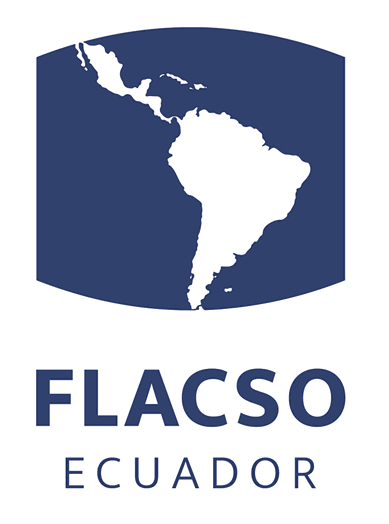Por favor, use este identificador para citar o enlazar este ítem:
http://hdl.handle.net/10469/23370| Tipo de Material: | Libro |
| Título : | Protecting global health in the Americas : cybersecurity and international collaboration |
| Autor : | Sanclemente, Gaudys L. |
| Fecha de Publicación : | 2025 |
| Ciudad: Editorial : | Quito, Ecuador : FLACSO Ecuador |
| ISBN : | 9789978677049 (impreso) 9789978677056 (pdf) |
| DOI : | https://doi.org/10.46546/2025-64atrio |
| Cita Sugerida : | Sanclemente, Gaudys L., 2025. Protecting global health in the Americas : cybersecurity and international collaboration. Quito: FLACSO Ecuador. |
| Descriptores / Subjects : | SALUD PÚBLICA POLÍTICA DE LA SALUD PANDEMIA COVID-19 POLÍTICAS PÚBLICAS COOPERACIÓN INTERNACIONAL PROTECCIÓN DE DATOS LEGISLACIÓN DE LAS COMUNICACIONES |
| Paginación: | xv, 326 páginas |
| Patrocinador/Auspiciante/Fuente : | FLACSO Ecuador |
| Índice / Contenido: | Contents | Abbreviations xi | Acknowledgments xv | Introduction 1 | Chapter 1 | Theoretical Framework 22 | The Evolution of Theories 28 | Representative Reality of Surveillance Data 46 | Insights from Multiple Fields and Disciplines 61 | Chapter 2 | Methodology: The Approach and the Means 78 | Research Design 79 | Data Collection 83 | Limitations of the Methodology 101 | Chapter 3 | Studying International Relations Quantitatively and Qualitatively 107 | Data Analysis: Quantitative and Qualitative Data Structures 111 | From Antimicrobial Resistance to COVID-19 158 | Measuring Security Governance to Promote a Health Regime 168 | Dimensions of Security Governance 182 | Chapter 4 | Discussion: Collaboration, Security, and Effective Preparedness 220 | Opening the Black Box of a Health Regime 222 | Building a Health Regime through Security Governance 240 | Alignment of Managed Sharing of Big Data 258 | Chapter 5 | Conclusions 273 | Findings 274 | Limitations 281 | Relevance 286 | Recommendations 288 | References 292 |
| Lugar: | ECU |
| Colección / Serie : | ATRIO; |
| Resumen / Abstract : | Security governance surrounding infectious diseases necessitates collaboration and information sharing among diverse actors, including nation-states and institutions. The Global Antimicrobial Resistance Surveillance System (GLASS), a form of open-source intelligence, facilitates collaboration among participating countries and enables effective monitoring of infectious diseases. However, this interconnectedness also creates vulnerabilities, opening channels for nontraditional threats ranging from cybercrimes to potential biological attacks. Gaudys L. Sandemente analyses how the emergence of unconventional threats, such as the COVID-19 pandemic and antimicrobial resistance, activates security governance, emphasizing the critical role of collaborative dynamics enabled by the open data exchange facilitated by GLASS. By contributing to the fields of international relations, security, cybersecurity, science, technology, health, and network science, this book provides valuable insights into the complexities of safeguarding global health in an era increasingly defined by technological advancements and emerging threats. |
| Copyright: | openAccess Atribución-NoComercial-SinDerivadas 3.0 Ecuador |
| URI: | http://hdl.handle.net/10469/23370 |
| Aparece en las colecciones: | FLACSO Ecuador |
Archivos en este ítem:
| Archivo | Descripción | Tamaño | Formato | |
|---|---|---|---|---|
| A-Cubierta-L-Sanclemente.jpg | Libro - cubierta | 294 kB | JPEG |  Visualizar/Abrir |
| LFLACSO-Sanclemente-PUBCOM.pdf | Libro - texto completo | 7,03 MB | Adobe PDF |  Visualizar/Abrir |
Este ítem está sujeto a una licencia Attribution NonComercial ShareAlike (CC BY-NC-SA 4.0)
Licencia Creative Commons



